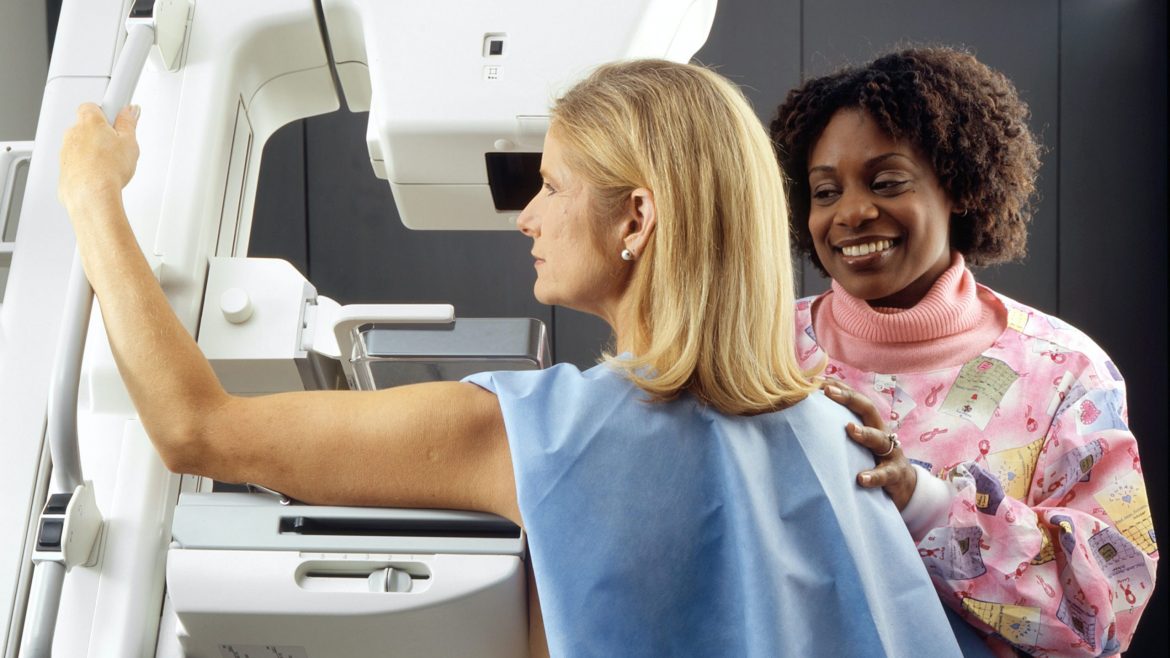The number of women who have not had NHS breast cancer screenings has increased by 50 per cent, potentially leaving up to 12,000 people across the UK with undiagnosed breast cancer, Breast Cancer Now’s research has found.
The research, released during breast cancer awareness month, covered the period from March 2020 and May 2021. It found that around 1,480,000 fewer women in the UK had breast screenings during this period compared to pre-pandemic levels.
Baroness Delyth Morgan, chief executive at Breast Cancer Now, said: “A year ago we reported with concern that almost one million women had potentially missed breast screenings due to services being paused in the first wave of the pandemic.
“Women with breast cancer are continuing to pay the price due to the impact of the pandemic, and in the worst cases delayed diagnoses could mean that some women die of this devastating disease.”
The new research follows Cancer Research UK’s findings that three million fewer people were screened for cancer in the UK between March and September 2020, compared with pre-pandemic levels.
Morgan urged the government to address the issue through investment in vital services.
She said: “It has to continue investing in scanners and IT connectivity, as well as push through stalled service improvements.
“Ultimately, we cannot get away from the need to invest in people. The NHS needs more imaging and oncology staff to ensure future breast cancer patients get the care they deserve.”
For NHS England to meet its target to address the shortfall in people starting treatment by next March, around 10,000 people would need to start breast cancer treatment in the 10 months between May 2021 and March 2022.
Julia Cotterill, health information officer at Cancer Research UK, said she hoped to reassure people about safety measures in place to prevent the spread of Covid-19 during cancer screenings.
“Staff are following strict guidance on infection control, such as wearing protective clothing, and they might ask you to wear a mask and gloves too.”
Cotteril urged people to go forward for screenings.
She said: “Screening is for people with no symptoms. If you notice any unusual changes, take charge and tell your doctor, even if you’ve been screened recently.”





